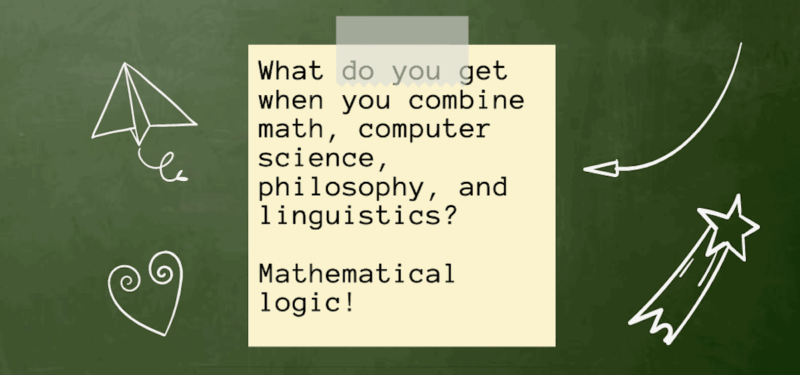A simple explanation for Heisenberg’s Uncertainty Principle?
This came up as an old memory on Facebook from 2017. Why in the hell did I ever post it there (only for the fact that my tween books relate to science)? Except for maybe two people, most probably thought I was out of my friggin’ head. Here’s the post from Feb 2017.
=============================
While I’m writing the Story of Q, I’m always looking for cool and easy explanations for science terms and phenomena. As many of you know, Rachael (the main character) is a science geek like her father, who is an astrophysicist. Throughout the book, I’ll mention certain terms, or have Rache get into discussions with her dad while watching science shows, etc., so always looking for ways to introduce subject matter (albeit lightly).
Anyway, not that this WILL be any of the future books, but found one of the best ways to explain Heisenberg’s Uncertainty Principle. Very cool guys.
This is called Heisenberg’s Uncertainty Principle. Werner Heisenberg, a German physicist, determined that our observations have an effect on the behavior of quanta. Heisenberg’s Uncertainty Principle sounds difficult to understand — even the name is kind of intimidating. But it’s actually easy to comprehend, and once you do, you’ll understand the fundamental principle of quantum mechanics.
Imagine that you’re blind and over time you’ve developed a technique for determining how far away an object is by throwing a medicine ball at it. If you throw your medicine ball at a nearby stool, the ball will return quickly, and you’ll know that it’s close. If you throw the ball at something across the street from you, it’ll take longer to return, and you’ll know that the object is far away.
The problem is that when you throw a ball — especially a heavy one like a medicine ball — at something like a stool, the ball will knock the stool across the room and may even have enough momentum to bounce back. You can say where the stool was, but not where it is now. What’s more, you could calculate the velocity of the stool after you hit it with the ball, but you have no idea what its velocity was before you hit it.
This is the problem revealed by Heisenberg’s Uncertainty Principle. To know the velocity of a quark we must measure it, and to measure it, we are forced to affect it. The same goes for observing an object’s position. Uncertainty about an object’s position and velocity makes it difficult for a physicist to determine much about the object.
Of course, physicists aren’t exactly throwing medicine balls at quanta to measure them, but even the slightest interference can cause the incredibly small particles to behave differently.
This is why quantum physicists are forced to create thought experiments based on the observations from the real experiments conducted at the quantum level. These thought experiments are meant to prove or disprove interpretations — explanations for the whole of quantum theory.
Class dismissed.



Leave a Reply